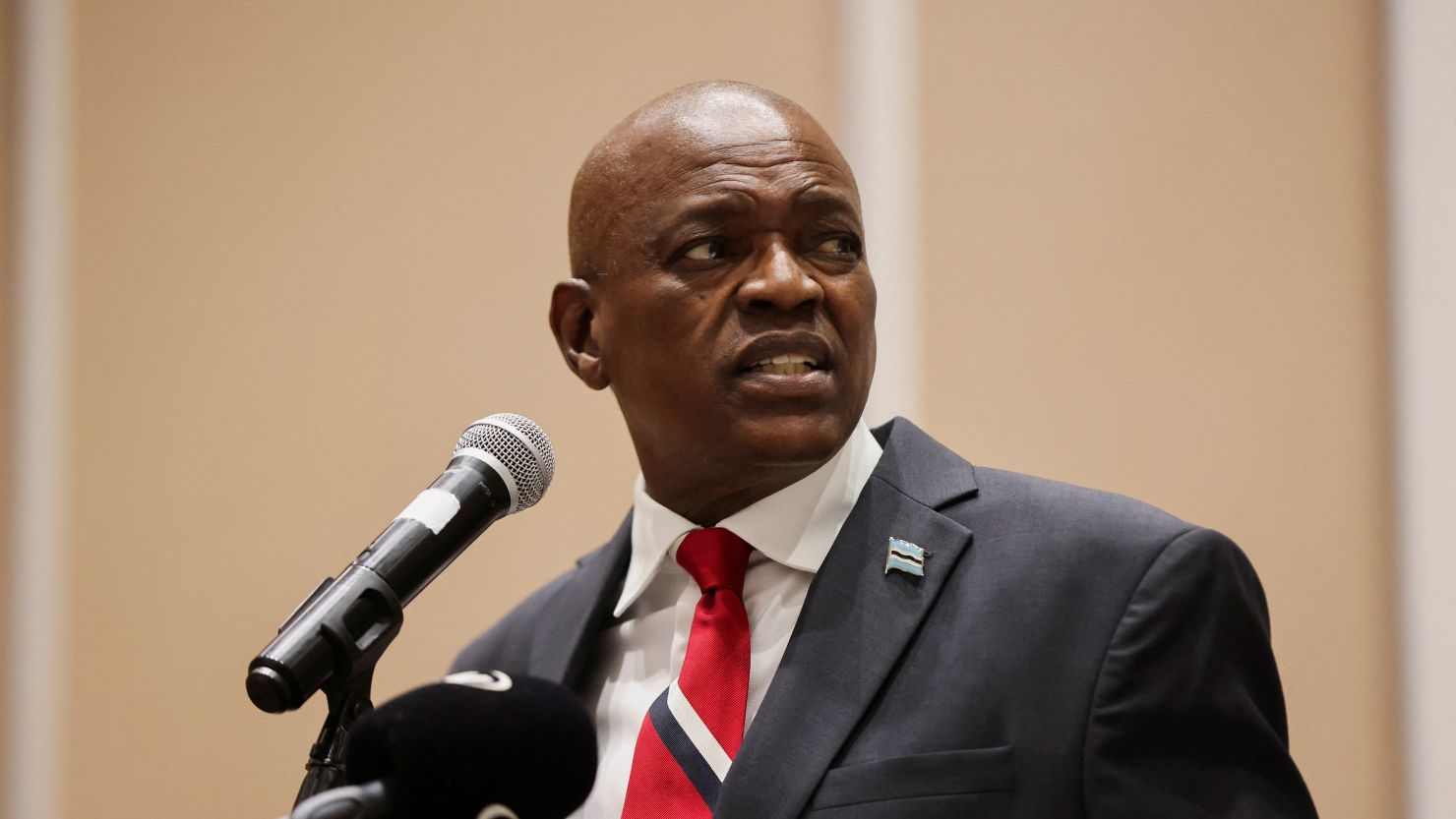The political landscape of Botswana has undergone a seismic shift as President Mokgweetsi Masisi of the Botswana Democratic Party (BDP) conceded defeat in the recent elections. This pivotal moment marks the end of an era, as the BDP has held power for an astonishing 58 years. This article will explore the implications of this historic election, the reasons behind the BDP’s decline, and what the future may hold for Botswana.
A Historical Overview of Botswana’s Political Landscape
People have long viewed Botswana, known for its stable democracy in Southern Africa, as a beacon of political stability. Since its independence in 1966, the BDP has dominated the political scene, shaping the nation’s policies and development.
The party’s lengthy tenure has been characterized by relative peace, economic growth, and a solid commitment to democratic governance. However, as recent events demonstrate, even the most entrenched political parties can face significant challenges.
The 2024 election: key events and outcomes
The 2024 general election in Botswana was unprecedented, with voter turnout reaching new heights. Citizens flocked to the polls, motivated by a desire for change and a voice in their governance. The results reflected a growing dissatisfaction with the BDP, leading to the rise of opposition parties, most notably the Umbrella for Democratic Change (UDC).
Major political parties in the 2024 elections
- The Botswana Democratic Party (BDP) has been the ruling party for 58 years, renowned for its historical governance.
- The Umbrella for Democratic Change (UDC) is a coalition of opposition parties that has gained momentum in recent years.
- Botswana Patriotic Front (BPF): Another critical player challenging the status quo.
Reasons Behind the BDP’s Decline
Economic Challenges
Botswana’s economy has faced several challenges recently, including high unemployment rates and economic disparities. Many citizens felt that the BDP needed to address these pressing issues effectively.
Corruption Allegations
Allegations of corruption and mismanagement within the BDP government eroded public trust. The perceived lack of accountability led to a significant shift in voter sentiment.
The Youth Vote
Younger voters, increasingly engaged in political discourse, expressed a desire for change. The BDP’s traditional policies did not resonate with a generation that demanded transparency and innovation.
Social Issues
Growing concerns over social issues, including education and healthcare, were crucial in shaping public opinion—the opposition parties capitalized on these sentiments, promising reforms and improvements.
The Role of Social Media in the 2024 Election
The 2024 election was notable for its results and social media’s role. Platforms like Facebook and Twitter became vital tools for political campaigning and mobilization. The UDC effectively utilized these channels to reach younger voters, amplifying its message and engaging with the electorate in real time.
The Reaction of the International Community
Given Botswana’s reputation for democratic stability, the international community closely monitored the elections. The African Union and the Southern African Development Community (SADC) supported the electoral process, highlighting its importance for regional democracy.
What’s Next for Botswana?
The Transition of Power
As President Masisi concedes defeat, the focus shifts to a peaceful transition of power. This period is crucial for maintaining Botswana’s democratic integrity. The UDC must navigate the complexities of governance while addressing the expectations of a hopeful electorate.
Challenges Ahead
The new government is expected to confront several immediate challenges, such as
- Restoring Public Trust: Addressing the legacy of the BDP and rebuilding confidence among citizens will be paramount.
- Economic Recovery: Implementing effective policies to combat unemployment and stimulate economic growth is essential.
- Social reforms are promising changes in education, healthcare, and infrastructure to meet the needs of a diverse population.
Public Sentiment: Hope and Skepticism
While many citizens are optimistic about the change in leadership, there is also skepticism. Concerns about the UDC’s ability to deliver on its promises remain. The new government must balance hope with realistic expectations to maintain public support.
Conclusion
The concession of President Mokgweetsi Masisi and the BDP’s loss after 58 years of power marks a historic turning point for Botswana. As the country embarks on a new political chapter, it faces the dual challenge of addressing past grievances while striving for progress.
The upcoming months will be critical in determining whether the new leadership can meet the electorate’s aspirations and uphold Botswana’s democratic ideals. The world will watch closely as this southern African nation navigates its future.










